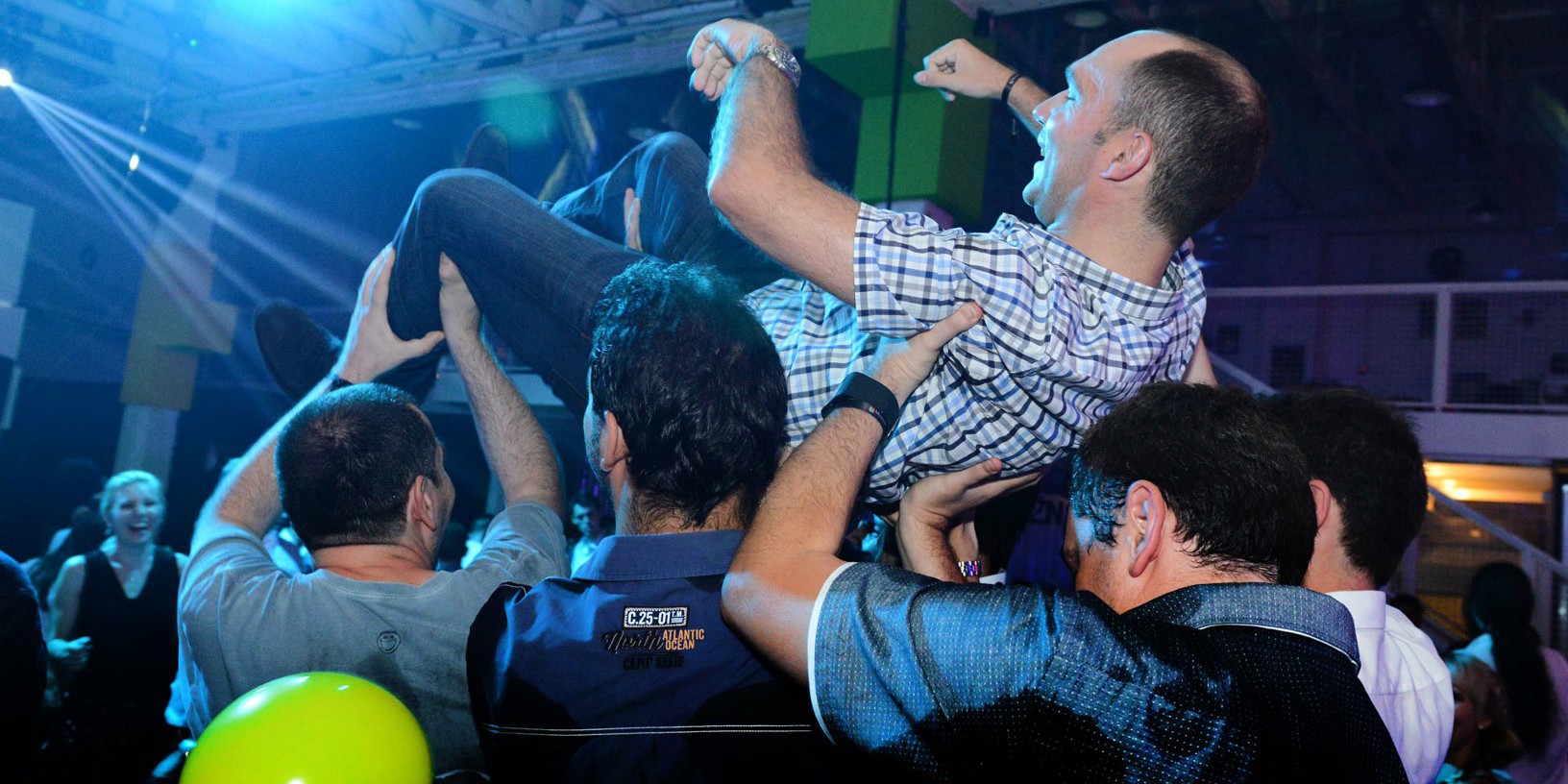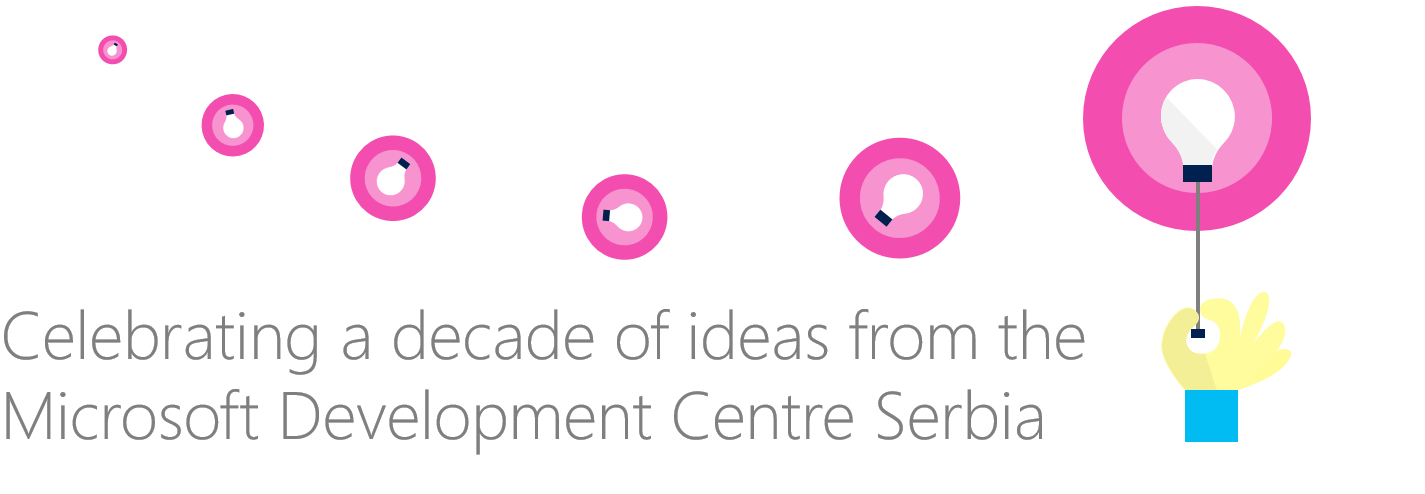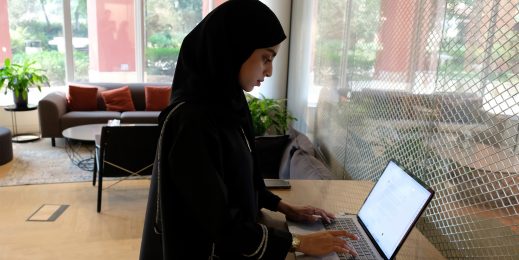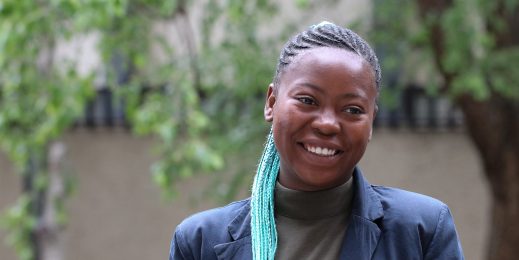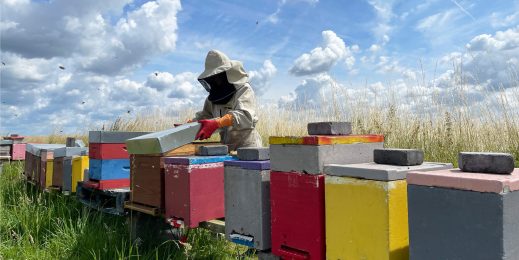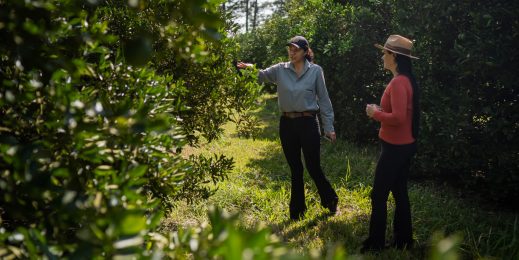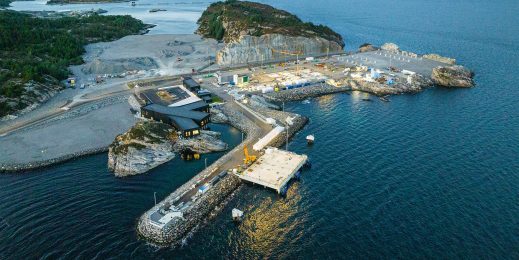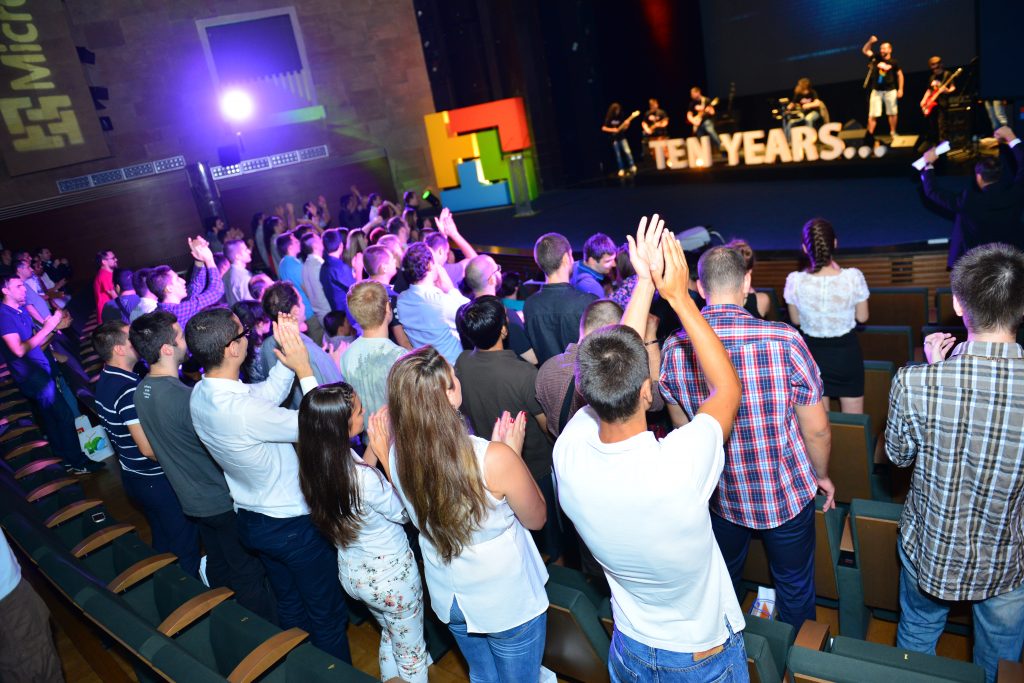
Belgrade bubbles with innovation
It’s easy to take important science and tech developments for granted, especially when the pace of change is so swift. But 2015 is a year of crucial innovation anniversaries, making it a great time for a reflective pause on some remarkable achievements.
It’s been 25 years since the Hubble Space Telescope was put into orbit, which has transformed the way we see the universe and our place in it. Astronomers can now calculate its age and size more accurately, and have even been able to prove the existence of supermassive black holes. It’s also the 25th anniversary of the founding of the Human Genome Project. This has brought huge benefits to humanity in a wide range of fields, not least in genetic medicine, where it is helping to improve diagnosis and treatment of a range of rare diseases.
At Microsoft, we’re celebrating a few innovation anniversaries of our own. It’s been 25 years since the birth of PowerPoint, for example. And in Europe, it is 10 years since the Microsoft Development Centre Serbia (MDCS) flung open its doors. MDCS has made a significant contribution to advancing digital skills in the region, and to projects and products that are proving a success with millions of people around the world.
Here are three reasons why we think the MDCS is pretty great:
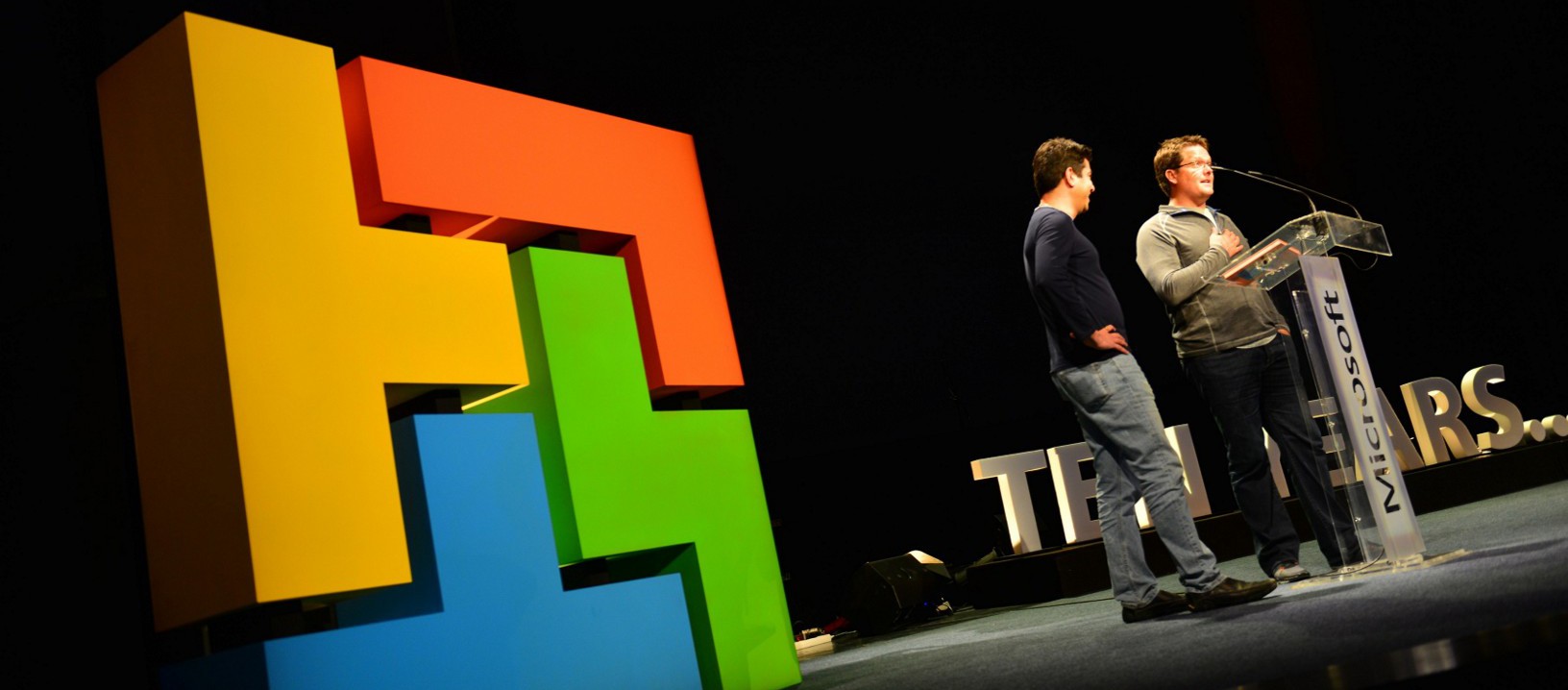
Making a commercial contribution
MDCS focuses less on long-term R&D projects, and more on technology that will be ready to hit the market in one or two years. And, they have an impressive track record. MDCS played an integral part in creating Translator for Windows Phone, and in developing Microsoft Azure and Office 365, not to mention the SQL Server engine. More recently the team helped to develop Sway, a new digital storytelling app for creating beautiful online presentations.
“The work has exceeded my expectations. Things that are done here can rarely be found anywhere in Europe, especially in the context of how interesting our tasks are.”
Nikola Puzovic, software engineer
The team worked on an intelligent search function, which uses natural language processing to improve performance, as well as a colour creation tool that helps users customize colour palettes to suit them.
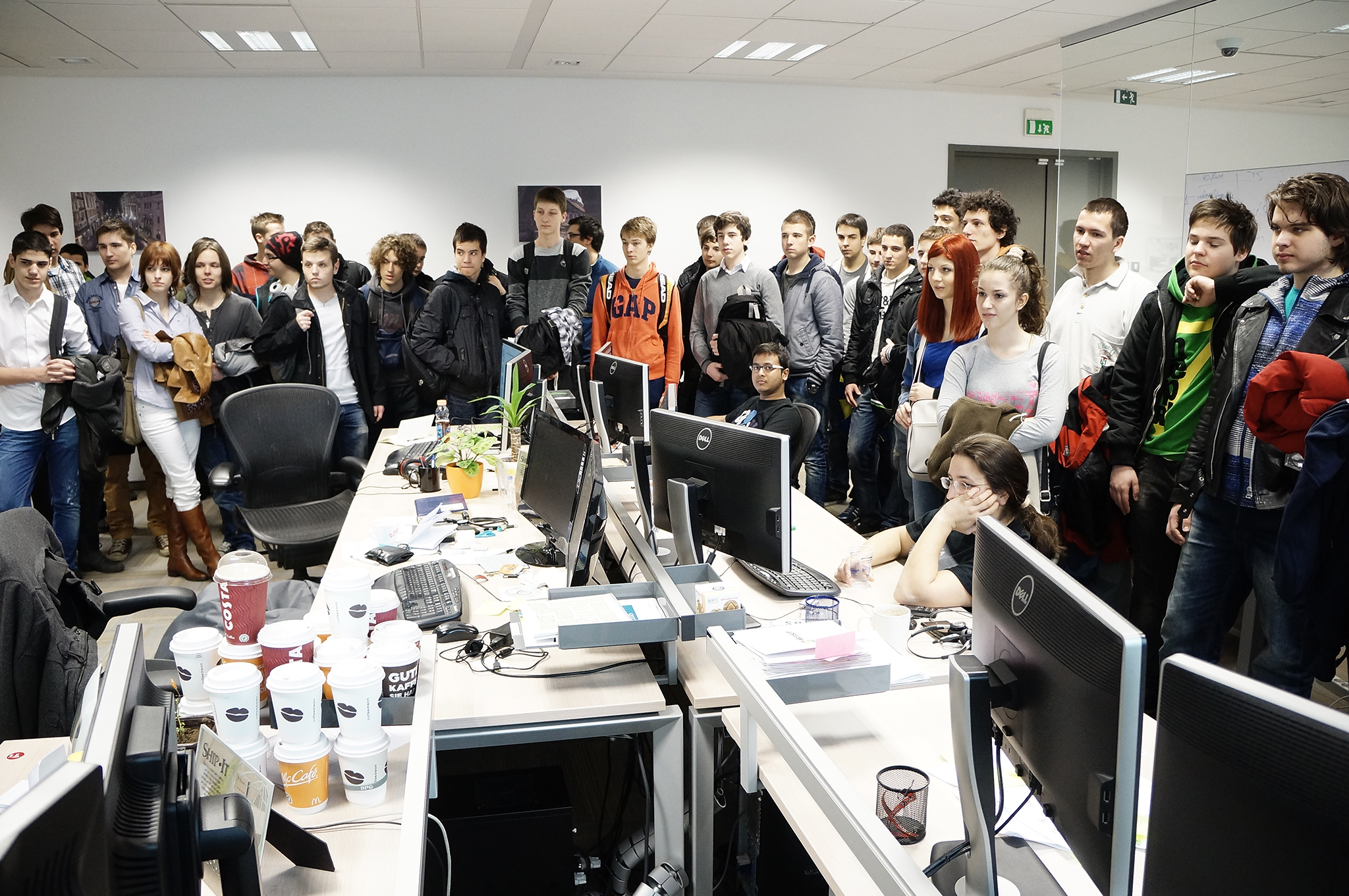
Helping kids to acquire computer science skills
MDCS also helps local youngsters to spark an interest in technology, and build up their computer science skills. Inspired by the success of other countries that have found success on the global ICT stage, the MDCS team runs workshops and provides mentorship to Serbian children, delivering vocational knowledge not always available in schools.
“Providing kids with the knowledge and skills they need to succeed is one of the most rewarding things about working at MDCS,” said Djordje Nijemcevic, senior software engineer. “Like many of my MDCS colleagues, I regularly work with young students, often via partnerships with organisations like the Petnica Science Center, to help them develop digital skills that enable them to enter and succeed in the technology sector. It’s a situation where everyone wins – the student improves their prospects, the strength of the region’s workforce is improved, and my colleagues and I get to indulge our passion for topics like software development, robotics and embedded systems!”
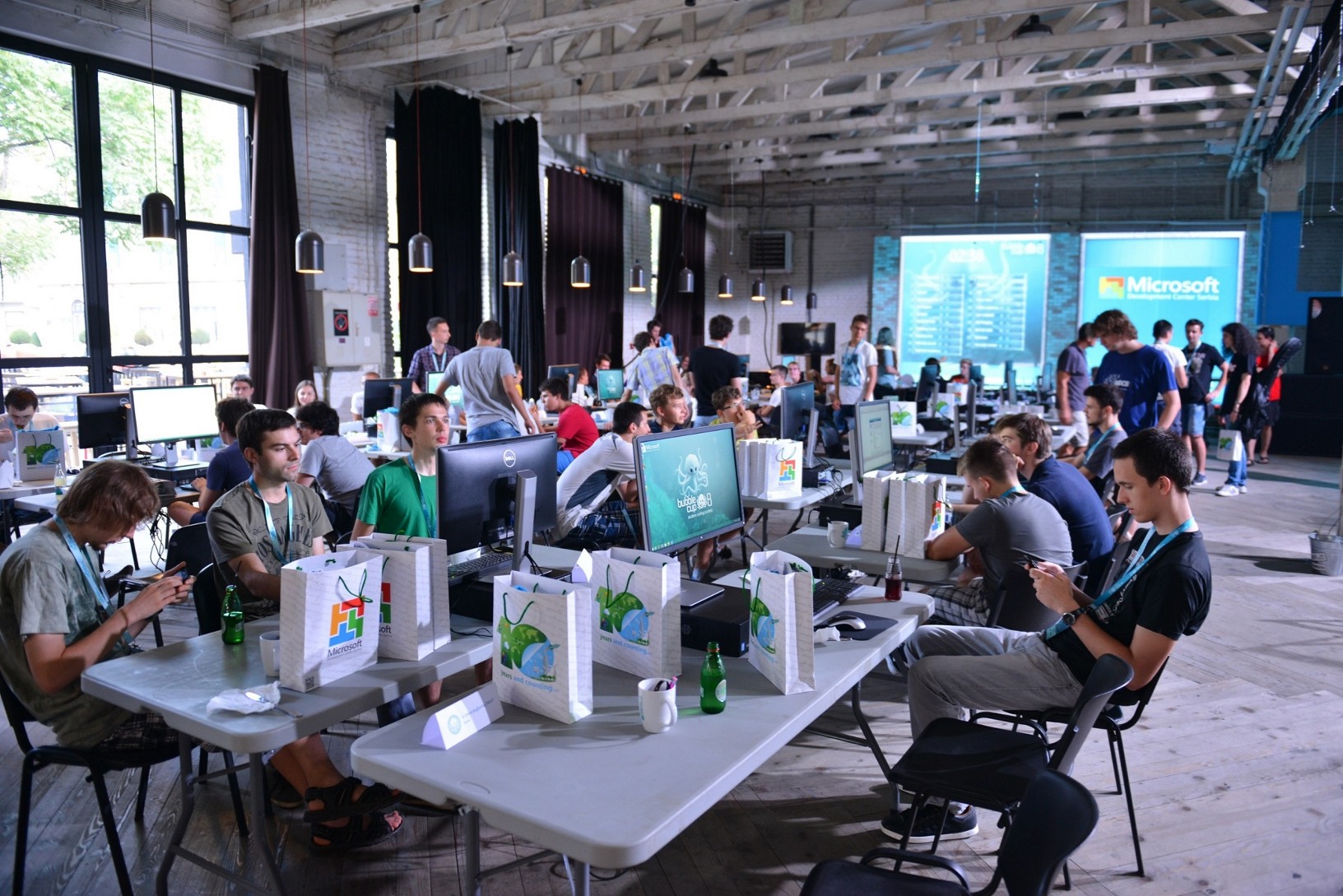
Bubble Cup = Developing a local talent resource
Two years after opening, MDCS also launched the Bubble Cup, an annual coding competition designed to popularize programming with young people and attract talented developers to the region. In fact, a central part of the 10 year anniversary celebrations revolved around the 2015 Bubble Cup Conference and Final – fitting given that a significant number of participants go on to become members of the MDCS team. We wish this year’s Bubble Cup alumni, and all the MDCS team, the best of luck as they continue to think up innovative new ideas and technologies for the future.
Here’s to the next ten years!
